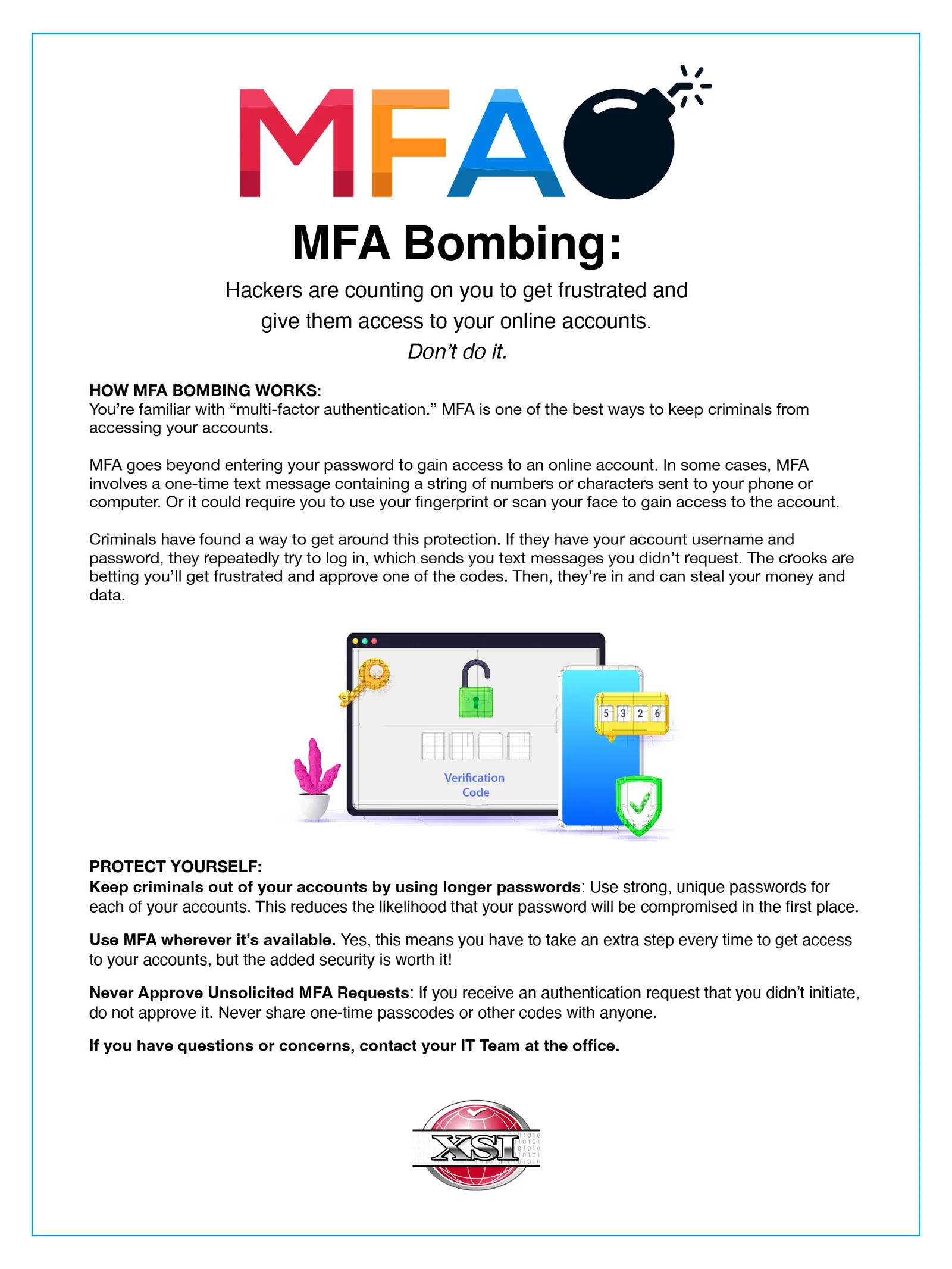

What percentage of cyber breaches are caused by employee errors?
According to IBM, most cyber breaches are caused by employees clicking on phishing links or sharing information in response to a text. The best advice: slow down and avoid responding immediately to urgent emails or texts, even if they seem to come from an executive.
What percentage of IT leaders have personally clicked on phishing links?
If you click on a phishing link, don’t be embarrassed—just alert IT immediately. If you accidentally entered any information on the link, be sure to change your password on the affected site right away. (Arctic Wolf)
What percentage of an organization’s revenue is lost to cyber fraud each year, on average?
Isn’t that amazing? TransUnion reports that this amounts to $359 billion in losses—based solely on data from 800 companies surveyed in the U.S., U.K., Canada, and India.
What percentage of daily emails are spam?
Emailtooltester.com reports that the most common spam email topics are prizes and giveaways, followed by job opportunities and banking.

Scrolling through social media, you find a product you want to purchase.
After you enter your credit card information, you’re notified the card was declined.
Then, a short time later, you receive a text from your “bank” saying there’s a problem with your account.
You’re given a number to call. But that number doesn’t connect to your bank.
It’s the scammer’s.
They have your name, address, and card number.
And now, they want to pry more information out of you.
Lesson: If there’s a problem with your bank account, call the number on the back of your card.

Cybersecurity News You Can Use

USUALLY, BUT NOT ALWAYS: Generally, official app stores like Google Play and the Apple App Store are safer than downloading apps from other websites, but not always. Occasionally, some apps bypass safety reviews. Symantec warns that apps like the popular photo collage maker Pic Stitch, the cookie ordering app Crumbl, and a survey app called Eureka can steal personal data from Android and iPhone devices. If you have any of these apps, it’s best to delete them.

IS THAT REALLY YOU? By the end of the year, Facebook will launch new AI technology aimed at preventing account hijacking by scammers. According to BankInfoSecurity, this technology uses facial recognition to verify that the account owner is in control. Facebook will also apply this technology to crack down on AI-generated celebrity images in posts that solicit money.
These organizations say they have been hacked recently. If you do business with any of these companies, change the password on your account and use two-factor authentication wherever possible.



One more thing...

Answers to Your
Cybersecurity Questions
Why do people scam others if it’s illegal? — Alexia S.
Mainly for the money: while individual scammers might earn a modest income, romance scammers, those who target specific employees, and ransomware criminals can steal substantial amounts from their victims. Scamming often requires little initial investment and can be done anonymously from anywhere. However, if caught, scammers can face serious consequences, including prison time, hefty fines, and the loss of any assets gained from their crimes.
Your recent video gave a tip that I should set up my child’s Social Security and IRS accounts now (before scammers do it). How do I do that? I don’t recall ever doing that for myself. — Latolander
You’re right. Setting up government accounts for a child is becoming more common. In the U.S., to establish a Social Security account for your child, start by completing Form SS-5 (available on the Social Security Administration website). You’ll need proof of your identity (such as a driver’s license) and your child’s (like a birth certificate). Submit these documents in person at a Social Security office or online through their website.
Once your child has a Social Security number, it’s a good idea to monitor their credit reports, though there likely won’t be any activity until they’re older. When your child turns 18 or begins earning income, you can set up their IRS account for managing taxes and reporting income.
How sophisticated would someone need to be to send a text that installs a tracker and accesses the microphone? — Robert M.
Gaining access to a device’s camera or microphone through a text message requires advanced technical skills. To protect your privacy, research any camera or microphone app before installing it, and only grant permissions when absolutely necessary. Norton, the security company, recommends checking your device’s small LED indicator light next to the camera — if it turns on when you’re not using a video app, it could indicate unauthorized access.
Cyber cartoon © 2024 Cartoonstock.com | Original content © 2024 Aware Force LLC